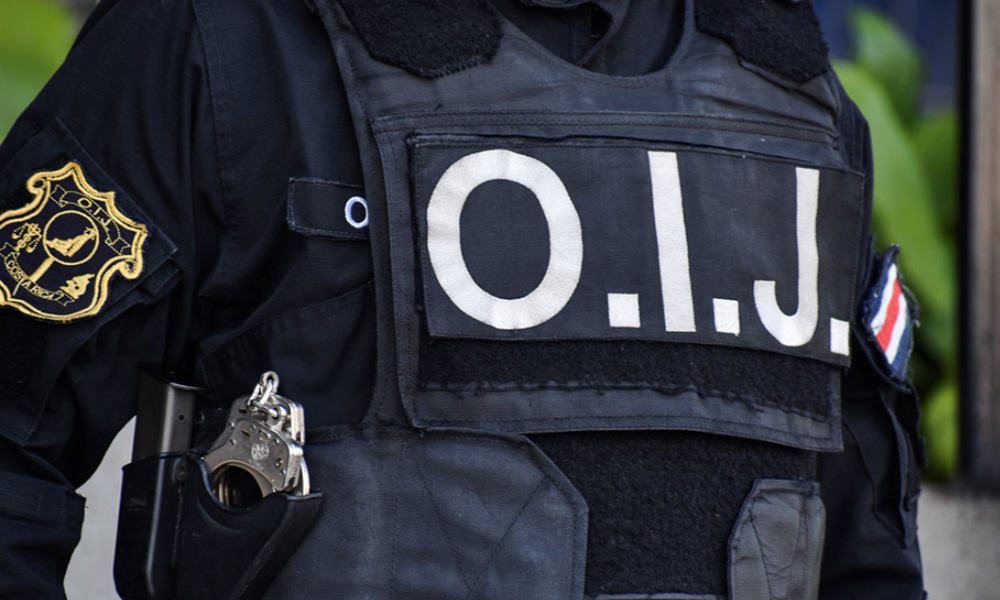Costa Rican authorities seized 48 kilograms of crystal methamphetamine in Tibás, marking our country’s largest synthetic drug seizure. The operation, conducted by the Drug Control Police (PCD), Judicial Investigation Agency (OIJ), and U.S. Drug Enforcement Administration (DEA), resulted in the arrest of three suspects. The drugs, hidden inside smuggled cigarette boxes, were intended for distribution in local markets, signaling a rise in methamphetamine use in San José and tourist areas.
The raid, carried out in downtown Tibás with support from the PCD’s Special Support Unit, uncovered the drugs after a tip led investigators to a storage site. The PCD confirmed the methamphetamine, likely smuggled from Mexico through the northern border, was destined for domestic consumption, reflecting Costa Rica’s growing role as a drug market rather than just a transit point. The seizure, valued at millions of colones, underscores the increasing presence of synthetic drugs in the country, prompting authorities to call for enhanced border security measures.
Crystal methamphetamine, commonly known as “crystal,” is gaining popularity in San José’s La California nightlife district and tourist destinations such as Tamarindo in Guanacaste and Manuel Antonio in Puntarenas. The PCD reports that the drug, with a 0.5-gram dose selling for approximately ¢18,000 ($35), is primarily used by young and wealthier individuals. Its effects, including increased heart rate and a high risk of addiction, have raised concerns among officials. To address the issue, police have increased patrols and surveillance in these high-risk areas, aiming to disrupt distribution networks.
The Tibás seizure is part of a broader trend of drug enforcement actions this year, including the confiscation of 7 tons of cocaine and 34,000 fentanyl pills in San José in February. The OIJ notes that over 900 homicides in 2023 alone were linked to drug trafficking, with local gangs increasingly connected to foreign cartels. The government, supported by U.S. agencies, is pursuing security reforms to combat the drug trade, though legislative delays have slowed progress.
The OIJ encourages residents to report suspicious activity to its hotline, 800-800-0645, and to educate youth about the dangers of drug use. OIJ director Randall Zúñiga has emphasized the need for community cooperation to address crime effectively. Police advise residents and visitors to exercise caution in nightlife and tourist areas as efforts continue to curb drug distribution.






